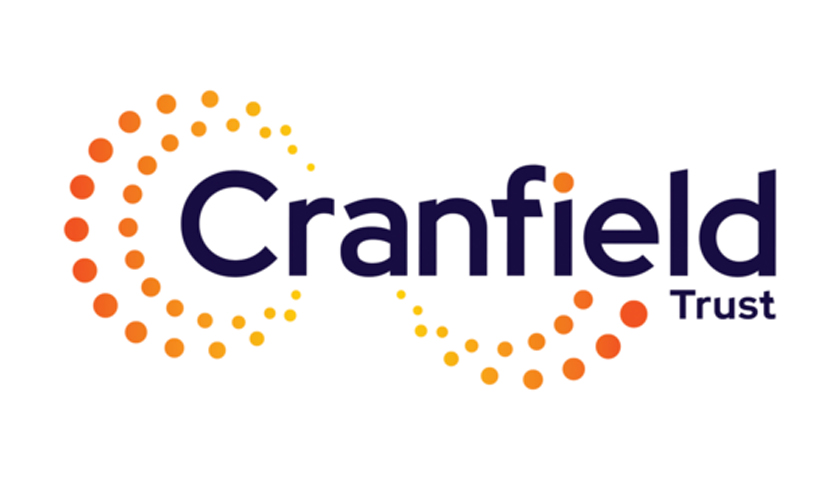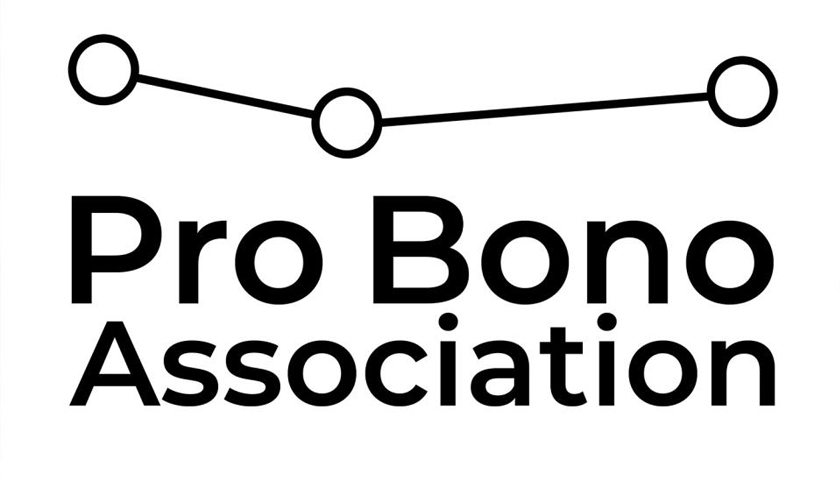Earlier this year, Cranfield Trust set out to explore the management training opportunities available to leaders and managers in small to medium size voluntary organisations and we launched our ‘Charity Management Matters’ research project. At Cranfield Trust, we work with over 700 organisations a year on consultancy and mentoring projects, and are able to understand in depth their considerable strengths, and areas in which they need to develop management skills and confidence.
Our charity clients are experts in their fields, with great expertise in service delivery areas, but they often have limited opportunity and resources to invest in management development for their team.
Cranfield Trust’s view is that strong management skills are critical, especially in this climate of high demand and squeezed resources, and we are keen to do everything we can to help organisations and their people to develop the management skills they need.
The Masonic Charitable Foundation generously funded some research to help us explore available training, and to understand the views, interests and barriers of leaders and managers of small to medium size charities. After a rigorous process, we selected Matilda Gosling, a social research consultant to undertake the research on our behalf. The project is in three main phases: market mapping, survey and in-depth interviews.
We’ve completed the mapping phase, and are looking back at the assumptions we made:
–Low cost management training is not widely available for small to medium sized charities, especially for emerging managers
– Much voluntary sector training is leadership training, rather than covering management essentials
– Charity managers prefer training that is geared to the voluntary sector
We made a distinction between management and leadership training as we’re keen to focus on critical management skills, not just leadership development.
The results of the mapping disproved our first assumption – that there isn’t much low cost management training available for small to medium sized charities. Through the market mapping 482 courses were identified from 147 training providers, with a breakdown of 68% with a focus on management, and 32% focusing on leadership development.
The top management topics covered were people management (20% of management courses), compliance (16%), financial management (15%) monitoring and evaluation (12%) and volunteer management (11%).
Top leadership topics were governance (33% of leadership courses), general leadership training (28%), organisation strategy (18%) and financial strategy (14%).
The mapping exercise was of course snapshot of available training in June 2023, and provision is likely to change over time, but two things did surprise us. Only 3% of courses identified focused on learning for emerging managers, and 48% of courses identified were specific to a particular area or region, a high proportion of training is delivered by organisations on a regional basis.
Despite this regional approach, 67% of the training mapped was delivered online, only 22% in person. 4% was available as blended training or courses that could be taken either in person or online. 7% were self-directed e-learning courses.
In carrying out the research, we used a variety of search terms which we thought a voluntary organisation manager might use – including terms such as ‘voluntary sector’, ‘charities’ or ‘charity’.
We were also interested in whether leaders and managers would easily find training specific to the voluntary sector – and 65% of the training offers identified were from voluntary sector providers.
Cost is an important factor when looking for training offers, and 40% of the training identified was free. Average costs for training were £28 per hour, or £282 for a course of training.
So far, we’ve disproved two assumptions. There is a great deal of management and leadership training available, some of it free of charge. Much training is provided by local or regional organisations which might be familiar to local charities, and a high proportion is available online, which makes it time-effective.
There is a good balance between management and leadership training available to charity leaders and managers – it’s possible to find training on key issues such as financial management and financial sustainability and people management – and on a much wider range of management topics.
The next stage of our research is through a survey and in depth interviews – to understand views of training, and how charities carry out training – or not. We assumed that charity managers prefer training geared to the voluntary sector – it will be interesting to find out whether this is correct, or whether all our assumptions were wrong.
This stage of the research has given us a good insight into current course and learning opportunities and I look forward to learning from the survey and interview findings to inform our thinking around the development of a relevant, flexible and cost effective management training offer to small and medium sized charities in the future. I’m grateful to everyone who has engaged with us and contributed to our research and look forward to publishing our findings later in the year.

